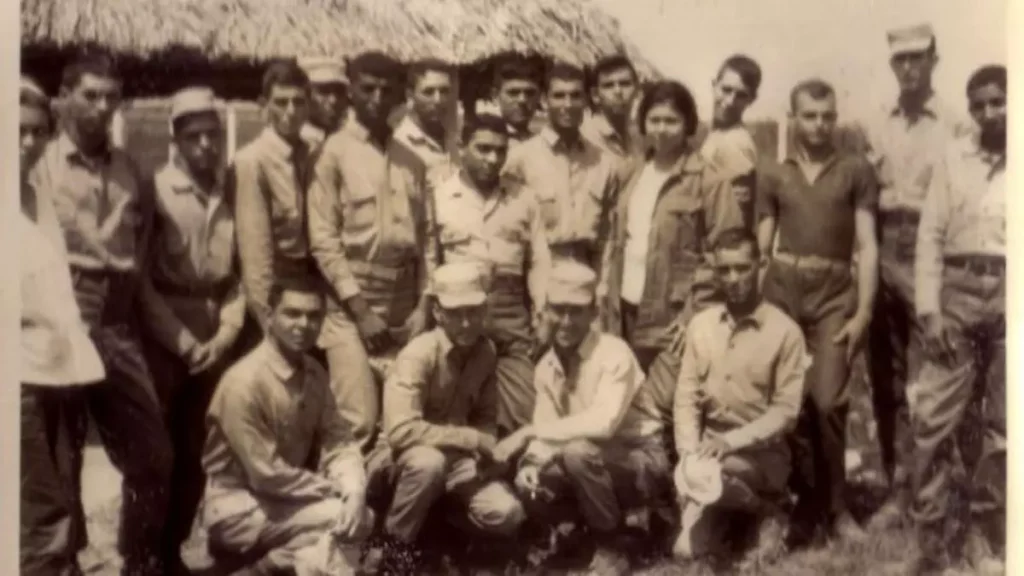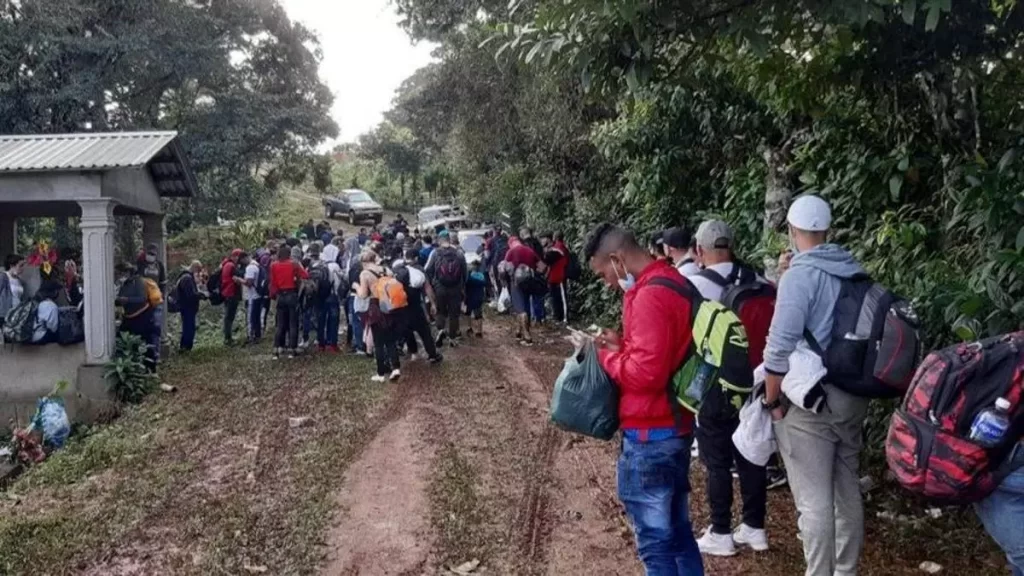Closed off in the Miraflores Palace, Maduro continues his campaign of discrediting the opposition and those who recognize its triumph

![]() EFE/14ymedio, Caracas, 20 August 2024 — The Venezuelan opposition leader Edmundo González Urrutia called on Nicolás Maduro on Monday to “take the step now” to begin “a peaceful transition,” through a political dialogue with the Democratic United Platform. The politician assured that citizens remain “firm” in their demand that “the decision” expressed in the July 28 elections be recognized.
EFE/14ymedio, Caracas, 20 August 2024 — The Venezuelan opposition leader Edmundo González Urrutia called on Nicolás Maduro on Monday to “take the step now” to begin “a peaceful transition,” through a political dialogue with the Democratic United Platform. The politician assured that citizens remain “firm” in their demand that “the decision” expressed in the July 28 elections be recognized.
In his opinion, every day that the authorities “hinder the democratic transition, Venezuelans suffer a country in crisis and without freedom,” and “clinging to power only exacerbates the suffering” of citizens. “The people are tired of so much abuse and corruption,” he said, and accused Maduro of being “responsible for so much poverty and pain.”
“It is our hour, the hour of millions of Venezuelans who want to give the best of our lives for the reconstruction of our homeland. All of Venezuela demands that we make the necessary efforts to ensure that popular sovereignty is respected. That’s why I am asking for a political dialogue to begin the definitive democratic transformation of our nation,” he added.
“It is our hour, the hour of millions of Venezuelans who want to give the best of our lives for the reconstruction of our homeland
Closed off in Miraflores, Maduro continues his campaign of discrediting the opposition and those who recognize its triumph. This Monday he attacked Argentine President Javier Milei – his nemesis in the international arena – whom he accused of spending more than 100 million dollars of Argentina’s budget on alleged bot attacks against chavista institutions. continue reading
Maduro denounced an “increase in cyber war against the country through bots” from Argentina, whose president has called the result of the National Electoral Council a “fraud” and a “scam.”
“What bot farms are attacking us from Argentina? The bot farms of Milei, of fascism, with money from the budget of the Argentine government, the more than 100 million dollars spent on the attacks of the last two weeks,” Maduro said, without showing any evidence, during his weekly program Con Maduro +, broadcast on the state channel VTV.
In addition, he said he had registered similar attacks from Spain, by the “ultra-right” of the European country, and from Mexico, without accusing anyone directly for these actions.
In his war against social networks as a ground of subversion against his regime, Maduro maintains his blockade of X
In his war against social networks as a ground of subversion against his regime, Maduro maintains his blockade of X, which he had suspended for 10 days. Although the authorities have not given explanations, it is impossible to access the application from Venezuela without using a virtual private network (VPN), which has become popular in the country – as happens in Cuba to read the independent press – as a method to bypass the blockades imposed by the state National Telecommunications Commission.
On Monday, Maduro and the president of Parliament, Jorge Rodríguez, spoke about the “damage” caused by social networks, but they did not directly allude to the suspension, ordered in principle due to the attempt attributed to this platform to “sow violence” in the country, as Maduro said at the time. This Monday, during his weekly television program, Maduro mentioned several times the owner of X, the South African tycoon Elon Musk, whom he accuses of promoting fascism and violence in Venezuela.
“Keep Elon Musk out of Latin America,” the president remarked without referring to the suspension, after saying that Musk “was wrong” and that he had “crashed” with Venezuela.
For many, Maduro’s aggressiveness is a sign that the regime’s days are numbered
For many, Maduro’s aggressiveness is a sign that the regime’s days are numbered. This is the opinion of former deputy Omar González, one of the six refugee opponents living in the official residence of the Embassy of Argentina in Caracas since March, under the protection of Brazil after the expulsion of Argentina’s diplomatic mission from Venezuela. On Monday, González pointed out that Maduro’s “weakness” “is increasing” as he approaches January 10, 2025, when the next presidential term begins.
“Many believe that time is Maduro’s ally, but they are wrong, because as we approach January, Maduro’s time will run out; he will become increasingly illegitimate, and his permanence in power will be increasingly illegal,” said the opponent, quoted in a press release from the Vente Venezuela party, led by the anti-chavista María Corina Machado.
In González’s opinion, the “fragility” of the Government “is obvious” and “is reflected in the emaciated, haggard and anguished image of a leader who can’t sleep or have peace of mind.” “Venezuelans have made it clear that we will not give up until Maduro and his accomplices leave power, using truth as our main weapon in this endless battle,” González added.
Translated by Regina Anavy
____________
COLLABORATE WITH OUR WORK: The 14ymedio team is committed to practicing serious journalism that reflects Cuba’s reality in all its depth. Thank you for joining us on this long journey. We invite you to continue supporting us by becoming a member of 14ymedio now. Together we can continue transforming journalism in Cuba.















